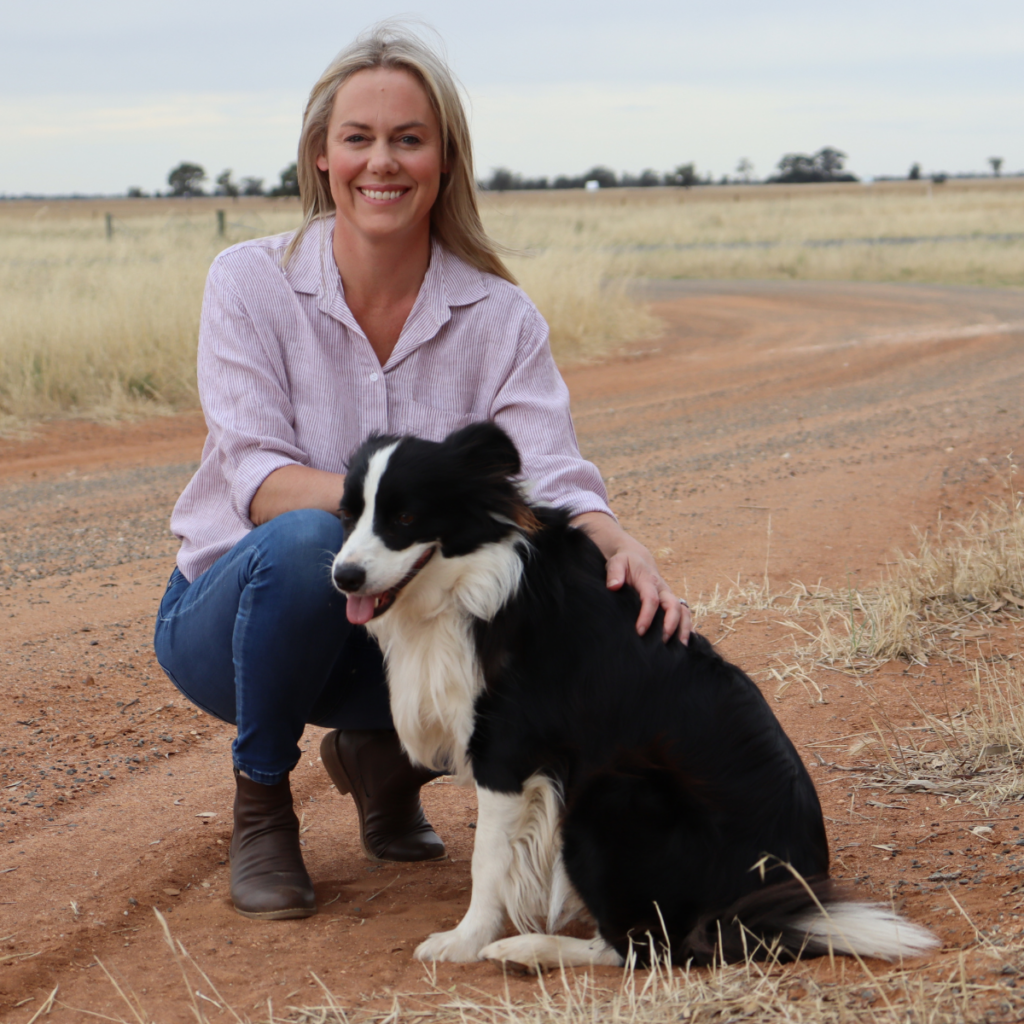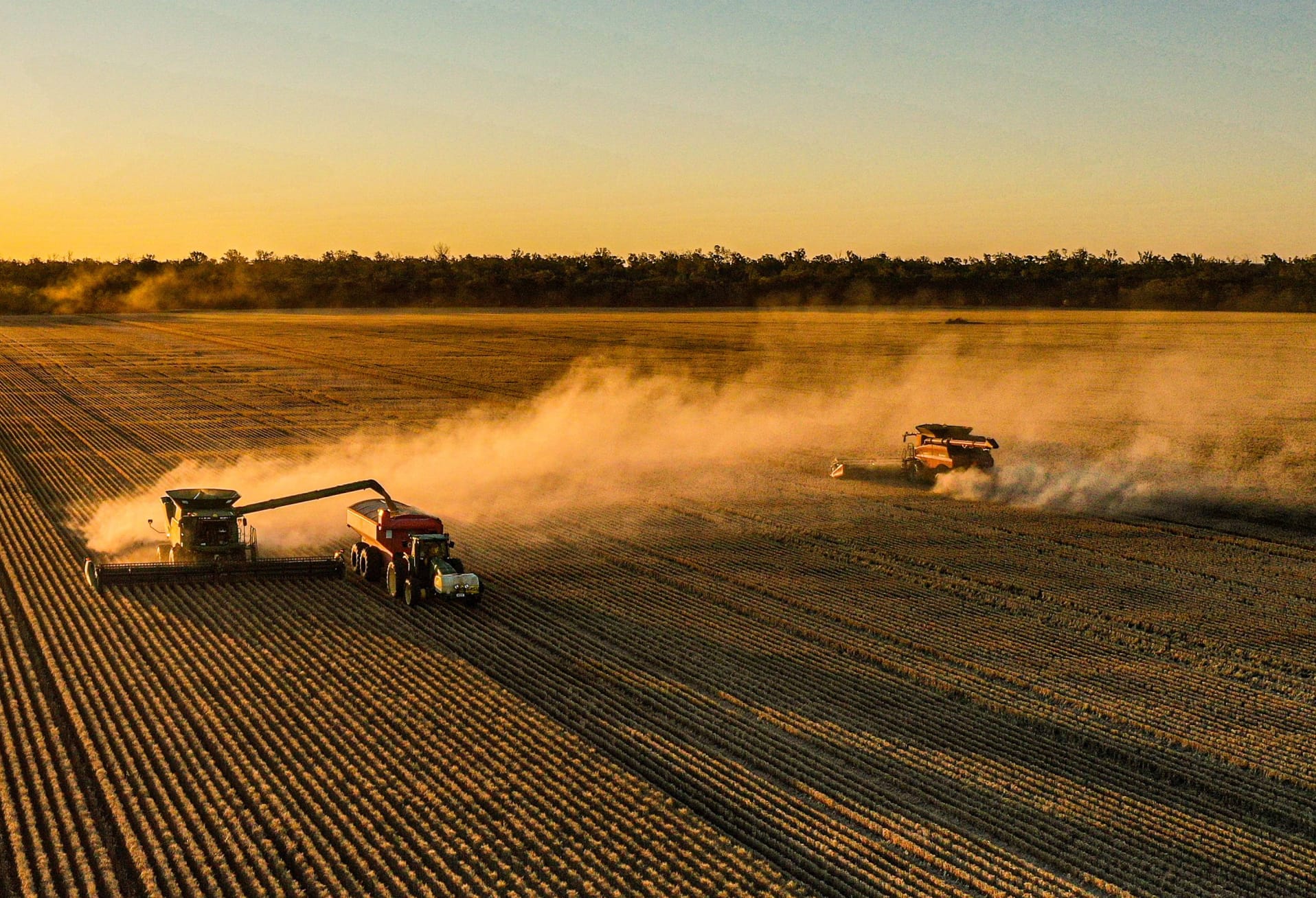Wildlife ponds have proven successful in conserving frog populations in the Wimmera Mallee. A two year ‘Frogs on Farms’ project undertaken by BCG tested the innovative approach of maintaining frog populations using a specially designed wildlife pond. The project established eleven wildlife ponds to determine the use of ponds by frogs, the ability of frogs to disperse from existing water sources into ponds and the potential to re-establish frogs in areas of their former range. Data was captured via frog and bird surveys four times a year at each site.
The ponds have been highly successful in attracting frogs, with occupation of the ponds coinciding with late winter/early spring rainfall events. Rain triggered frog calling and breeding in existing frog sites and the movement of frogs into the wildlife ponds. Five different species of frogs were detected in the ponds, including one species listed as threatened in Victoria, Bibron’s Toadlet. Frogs were found in 86% of the wildlife ponds installed in the channel/dam region and in 25% of the ponds installed in the Northern Mallee Pipeline region. Frog breeding (spawn, tadpoles and young frogs) was observed in 71% of ponds where frogs were recorded.
Bird survey data showed an increase in both the abundance and diversity of birds at the sites after the wildlife ponds were installed. There was no significant difference in the abundance of birds between autumn, winter and spring but in summer there was a significant increase in the abundance and diversity of birds at the sites. The increase of birds in summer was mainly due to the use of water; drinking at, bathing in or perched in trees by the pond. Some bird species were only recorded in summer, such as the Rainbow Bee-eater and White-browed Woodswallow. Other species such as the Red-rumped Parrot were recorded at the pond sites all year round but only used the water in summer. Wildlife ponds were successful in improving the biodiversity value of the sites providing a valuable water resource for wildlife during summer, the period of greatest water stress on fauna.
Community interest in wildlife ponds has been strong. The research has also influenced policy with the GWM Water Board announcing a scheme to provide a rebate for 17,000 litres of water to landowners who construct and register a wildlife pond according to the guidelines developed by BCG.











